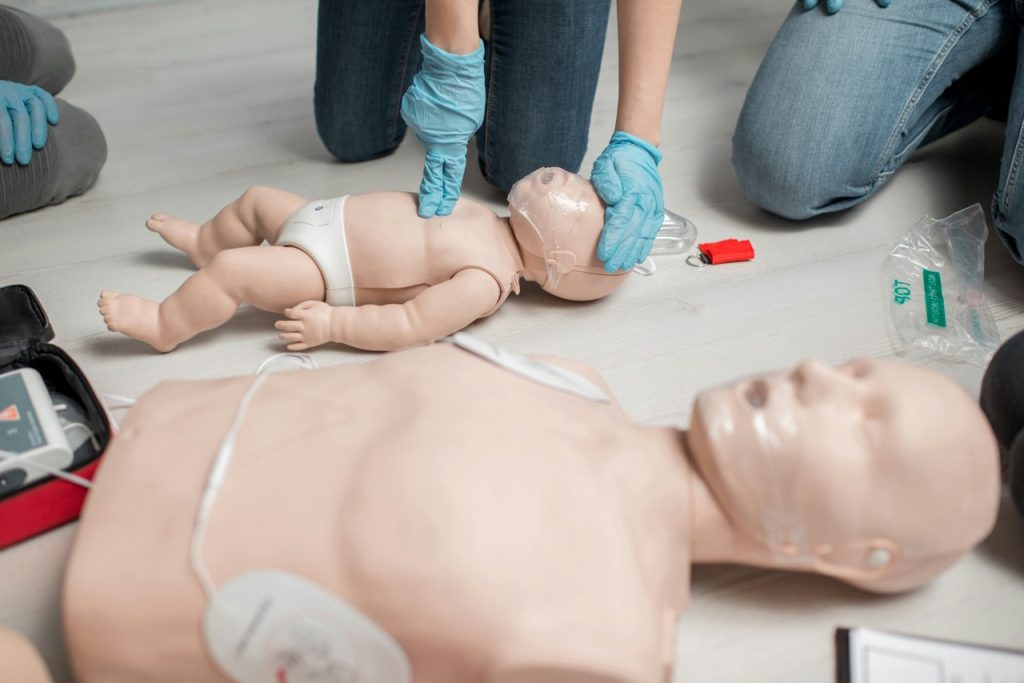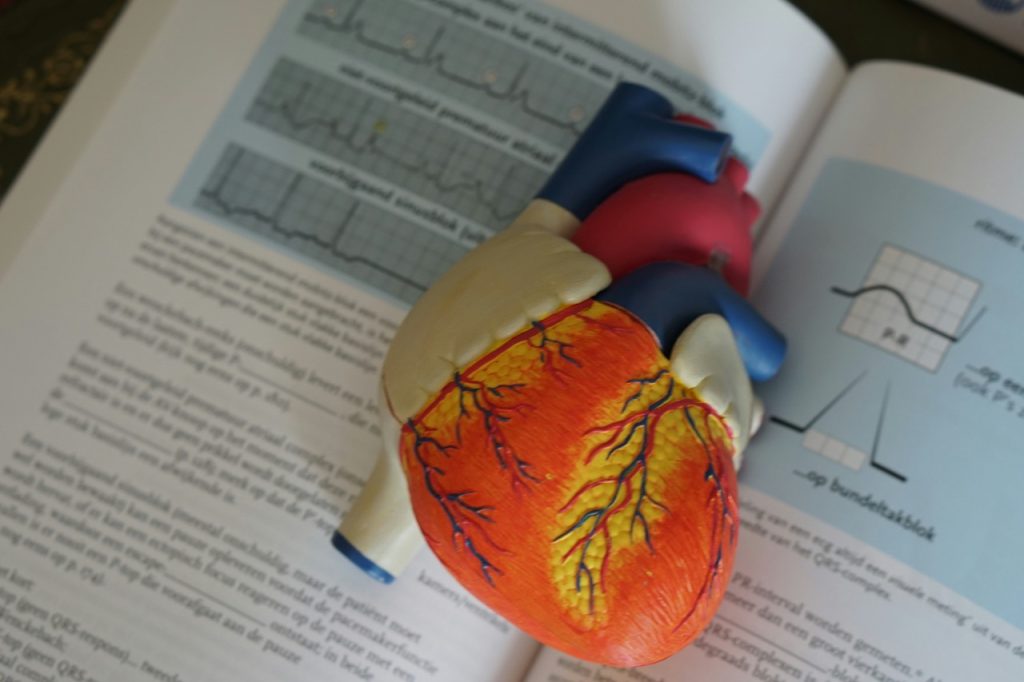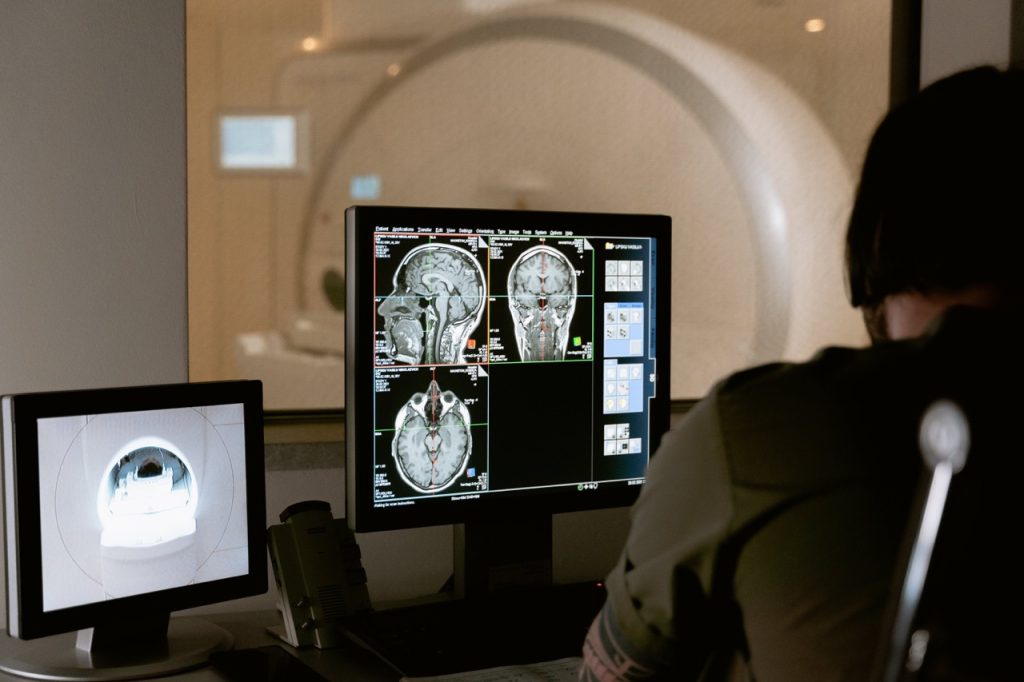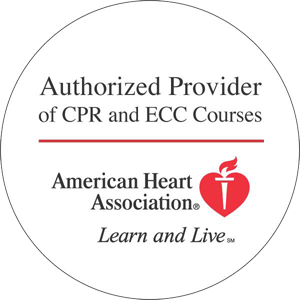CPR is a lifesaving skill that can make all the difference in an emergency situation. However, it is equally important to be aware that there are appropriate times to utilize this technique and other times where CPR should not be administered. So how can you identify when you should and when you shouldn’t? Find out the signs so you can be prepared and know how to best respond in an emergency.

How to Know When CPR Should Not Be Used
Here are some ways to quickly and effectively identify when CPR should not be used.
Hazardous Conditions:
Another time when CPR should not be initiated if there are dangerous or hazardous conditions present that pose a threat to your safety, such as ongoing fire, exposure to dangerous chemicals, or unstable structures.
Lack of Training and Skills:
If you lack the necessary training and skills to perform CPR effectively, CPR should not be performed, as improper techniques can potentially harm the victim further.
Learn More: 5 Reasons Why Everyone Should Know CPR
Signs of Irreversible Death:
In the case that an individual shows evident signs of irreversible death, CPR should not be performed. These signs would include decapitation, decomposition, rigor mortis (stiffening of the body muscles), and dependent lividity (reddish-blue discoloration of the skin).
Signs of Breathing:
If you come across a person who seems unconscious, it is imperative to check their breathing before performing CPR. If you notice that the individual is breathing, then it is not necessary to perform CPR. Instead, you should monitor their breathing and pulse until medical help arrives.
Now that you know several scenarios in which you should not perform CPR, how about when you should?
Signs of Cardiac Arrest
Here are several signs of cardiac arrest and identifying when you should perform CPR:
- Unconsciousness
- No breathing
- No pulse
If the individual is unconscious, not breathing or does not have a pulse, then it is essential to start performing CPR immediately while waiting for professional medical attention.
Knowing how to perform CPR and staying up to date in your certifications is critical in being capable of saving a life if the moment presents itself. Understanding and recognizing the times you should and shouldn’t not use this skill set is equally important. If you are ready to learn CPR, need to renew your certification or have questions, HeartCert is your trusted resource.
Register for an online session or in-person training near you today.
HeartCert is your trusted training partner for CPR, ACLS, PALS, EMR, First Aid, CNA, IV, EKG and more, throughout the United States.
Courses include CPR/AED/First Aid, Basic Life Support (BLS), Advanced Cardiac Life Support (ACLS), Pediatric Advanced Life Support (PALS), Certified Nursing Assistant training, IV training, EKG training, babysitter basics and more. Courses and certifications from both the American Heart Association and American Red Cross are available. We offer virtual courses and certifications, in all 50 states as well as in-person classes at our headquarters, HeartCert CPR Eagan and major cities in Iowa, Illinois, Georgia, Michigan, Minnesota, Mississippi, Nebraska, Pennsylvania, Texas and Wisconsin.








